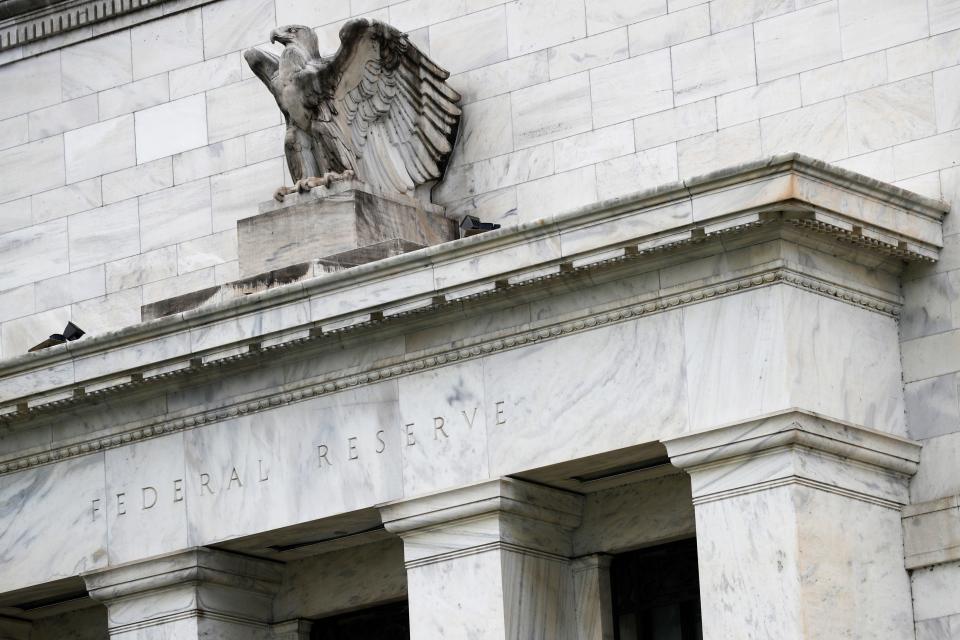Doc’s Prescription: ‘It’s a bird, it’s a plane, it’s Superman — it’s inflation’
Between December 2020 and December 2021, the Consumer Price Index rose 7% — the largest 12-month gain since June 1992. Unfortunately, the cost of living exceeded the average person’s income by some 2.4%. A consensus of economists predicts the annual inflation in 2022 will be 5%.
Federal Reserve Gov. Lael Brainard told Congress that efforts to reduce inflation are the central bank’s “most important task.”

What causes inflation?
There are two divergent opinions on the primary cause of inflation.
1. Inflation is the result of total spending that exceeds the economy’s capacity to supply goods and services (macroeconomics).
2. The unique supply/demand characteristics of a specific industry (microeconomics).
In general, Democrats focus on the microeconomic causes. Democrats argue that because America has experienced a decades-long trend toward consolidation, companies can take advantage of the supply shortages caused by the pandemic.
Doc’s Prescription: Inflation is now America’s No. 1 challenge
Rising prices: Inflation reaches highest level since 1982 as consumer prices jump 7% in 2021
Biden’s economic challenge: Finding workers and goods
Sen. Elizabeth Warren said, “Market concentration has allowed giant corporations to hide behind claims of increased costs to fatten their profit margins.”
To buttress her arguments, Warren sites economic studies demonstrating that prices and profits are higher in oligopolistic as compared to competitive industries. Oligopoly occurs when a small number of producers or sellers dominate an industry.
By contrast, Republicans believe excessive demand has contributed to inflation. Federal spending is far outpacing revenue. In the first half of 2021, the U.S. budget deficit hit a record $1.7 trillion.
Supply chain problems tied to COVID-19 have exaggerated the impact of excessive demand, driving up the cost of production and reducing the supply of goods.
Many Republicans worry the Federal Reserve policies of buying monthly $80 billion in Treasury debt and $40 billion in mortgage-backed securities are creating too much money in the economy.
Republican Sen. Richard Shelby said, “I am concerned that the Fed missed the boat on addressing inflation sooner. The Fed on your (Powell) leadership has lost a lot of credibility.” In layman’s terms, Shelby argues that the Fed’s expansion of its balance sheet has created too much money for too few goods.
A well-functioning economy
For many years, mainstream economists have advocated keeping inflation around 2%. When households and businesses can reasonably expect inflation to remain low and stable, they are able to make sound decisions regarding saving, borrowing and investing. This contributes to a well-functioning economy.

Kansas City Fed President Esther George hit the nail on the head. She wrote, “The coming transition — in which the Fed uses both interest rates and its asset portfolio to dial back stimulus — could be a bumpy one.”
Diane Swonk, chief economist at the accounting firm Grant Thornton, said the shift (tightening policy) was particularly striking because “… it is not just Powell’s testimony, but the symphony of voices from other Fed officials who are not always on the same page. It is amazing how hard the Fed has pivoted from patience to panic.”
At his confirmation hearings, Federal Reserve Chairman Jerome Powell stated, “Inflation is a severe threat.” Powell reiterated that the central bank is prepared to raise interest rates because the economy no longer needs emergency support. He stated, “If we have to raise interest rates more over time, we will.”
Powell also said that the central bank could begin to shrink its $8.8 trillion portfolio of bonds later this year.
Brainard set a positive tone when she testified before Congress. She said, “Our monetary policy is focused on getting inflation back down to 2%. We have a set of tools, and we will use them to bring inflation back down.”
During my childhood, I rapturously cheered when Superman flew to rescue beleaguered victims. A lot of water has passed under the bridge since then. We need Superman once again to vanquish our number one enemy — inflation!
Sarasota resident Ernest “Doc” Werlin spent 35 years in fixed income as a trader and corporate bond salesman, including time as a partner at MorganStanley in charge of corporate bond trading. Send suggestions and comments to ernestwerlin@gmail.com.
This article originally appeared on Sarasota Herald-Tribune: Decisive action needed to vanquish economy’s No. 1 enemy — inflation
